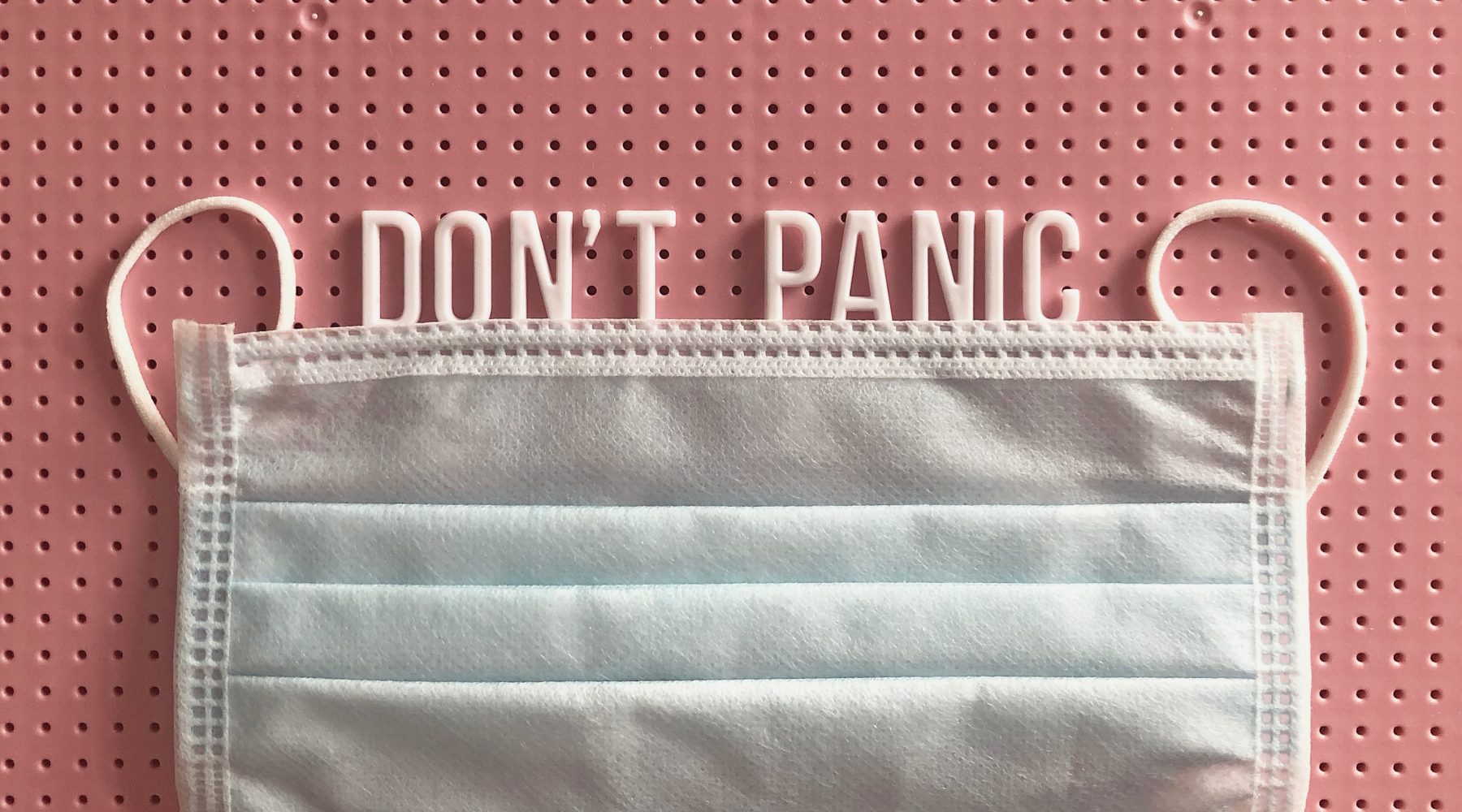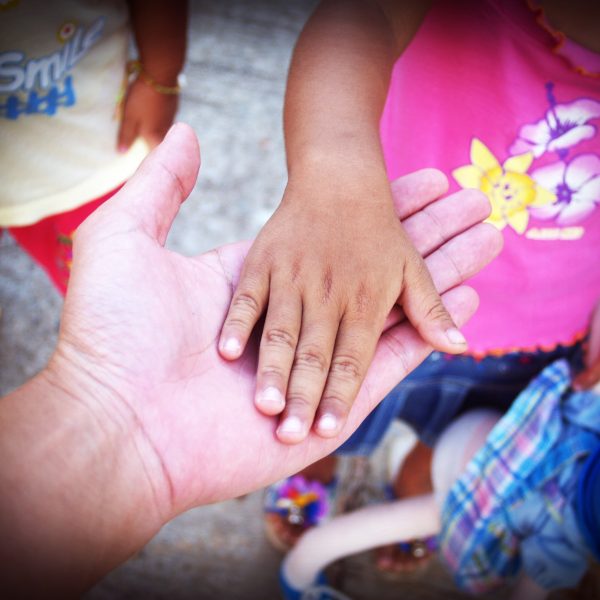Uni SA issues advice for educators and parents on COVID-19

While Australia’s children have quickly adapted to a world of elbow bumps in lieu of high-fives, social distancing playtimes and a laser like focus on hand hygiene, there is one thing which is harder for them to adapt to – the worried faces of adults around them.
Child development experts from the University of South Australia (UniSA) have warned adults, including early childhood education and care (ECEC) professionals, that they must be “increasingly mindful of their own reactions” to the pandemic and take care when explaining the situation to children.
Associate Professor Victoria Whitington said the way a parent, teacher, or significant adult responds in a crisis can have significant implications for a child.
“Children need calm and stable parents and teachers, especially in uncertain times. There’s no doubt, we’re all feeling a bit unsure at the moment, but panicking and worrying in front of children will not improve the situation.”
“Children take cues from their key attachment figures – their mums, dads, and teachers – so if they hear or see them worrying, they’ll tend to take on this worry too,” she added.
Such advice does not mean that COVID-19 shouldn’t be discussed, but rather parents and educators need to do so mindfully. Talking calmly, kindly and patiently with children will help them learn what they need to know in a considered way, without extra angst, Associate Professor Whitington said.
It’s ok to keep information “light and age appropriate” she added, recommending that songs, games and jokes can work well for younger children, both to educate and to remind them of what they can do to stay safe. For older children, sitting together to watch an explainer video may also work.
Families can speak with children about the ways that they can work together to support each other, giving children a sense of agency and control over their situation.
Working out fun activities for their families to do at home, contributing to house cleaning, or reminding the family about handwashing and social distancing when shopping are all examples of ways in which children can work as a team with their family.
Recently, children have been exposed to an unusual amount of disruptive changes such as chaotic and irrational buying that has stripped supermarkets of toilet paper, new social distancing measures, and constant reports of illness and death on TV.
These changes, coupled with mum and dad working from home or not going to work at all, and many children no longer attending school or childcare has left adults and children alike “understandably unsettled,” UniSA educational psychology and child protection expert Dr Lesley-anne Ey said.
As the pandemic develops, parents will increasingly be looking for ways to rationalise the state of play to their children, with young children in particular unlikely to be able to understand what’s going on and how it will affect them, their family and their friends.
Children may be concerned about their loved ones passing away, that Australia will run out of food, or that they won’t see their friends again.
When responding to these fears, it is important for significant adults to maintain a sense of calm, and talk about the protective practices that can be adopted to keep healthy and safe, such as more frequent handwashing, avoiding handshakes or high-fives, and not touching their face after touching things in public.
“No matter how old they are, all children still need hugs and affection from their parents and other significant people in their lives. Together, these are the keys to making children feel safe, loved and secure,” Dr Ey said.
Popular

Quality
Practice
Provider
Research
Workforce
Honouring the quiet magic of early childhood
2025-07-11 09:15:00
by Fiona Alston

Quality
Practice
Provider
Workforce
Reclaiming Joy: Why connection, curiosity and care still matter in early childhood education
2025-07-09 10:00:07
by Fiona Alston

Workforce
Policy
Quality
Practice
Provider
Research
ECEC must change now, our children can’t wait for another inquiry
2025-07-02 07:47:14
by Fiona Alston













